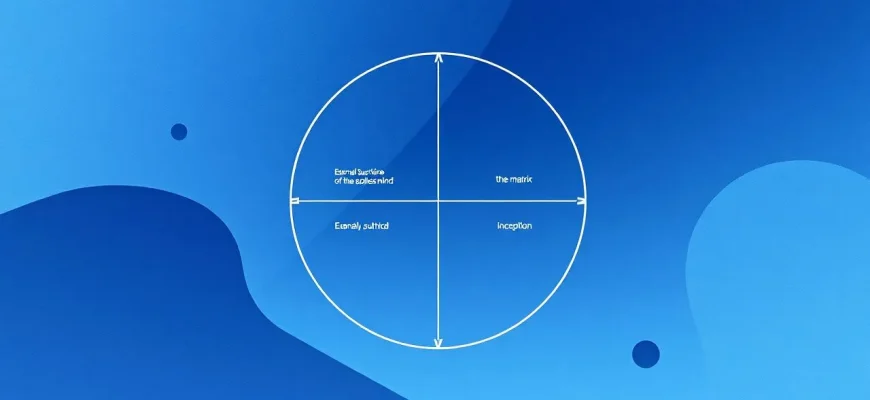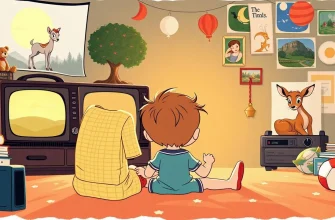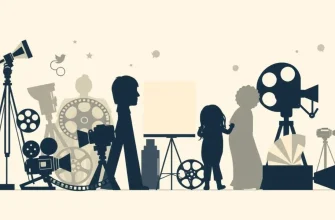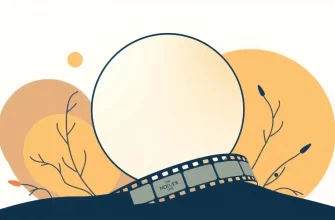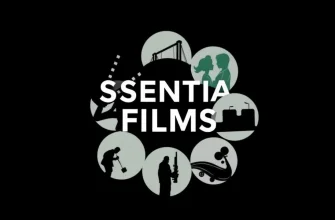This curated collection of films delves into the profound and often abstract realms of philosophy through the lens of cinematic art. Each film in this list not only challenges the viewer's perception of reality and existence but also does so with a visual and narrative elegance that is both captivating and intellectually stimulating. These films are not just movies; they are experiences that invite contemplation on life, art, and the human condition, making them invaluable for those who seek both aesthetic pleasure and philosophical inquiry.
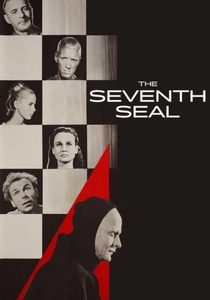
The Seventh Seal (1957)
Description: A knight plays chess with Death to postpone his demise, leading to a profound meditation on life, faith, and the human condition.
Fact: The film's iconic imagery, particularly the chess game, has been widely referenced in popular culture.
 Watch Now
Watch Now
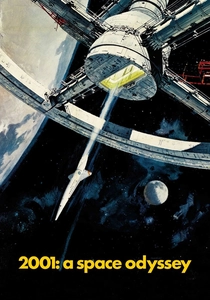
2001: A Space Odyssey (1968)
Description: An exploration of human evolution, artificial intelligence, and the unknown, this film is a visual and philosophical masterpiece.
Fact: The film was co-written by Arthur C. Clarke, and its special effects were groundbreaking for the time.
 Watch Now
Watch Now
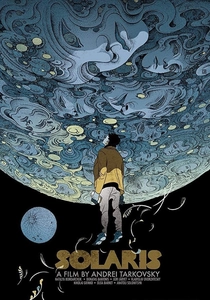
Solaris (1972)
Description: A psychological drama set on a space station orbiting the planet Solaris, where crew members confront their deepest memories and desires.
Fact: The film was remade in 2002 by Steven Soderbergh, but Tarkovsky's version remains the definitive adaptation of Stanislaw Lem's novel.
 Watch Now
Watch Now
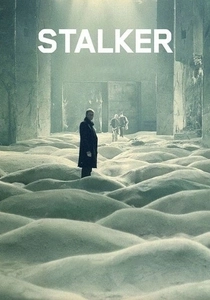
Stalker (1979)
Description: A journey into the Zone, a mysterious area where one's deepest desires can be fulfilled, raises questions about human nature, desire, and the pursuit of truth.
Fact: The film was shot in Estonia, and its production was fraught with difficulties, including the destruction of the original film stock.
 Watch Now
Watch Now
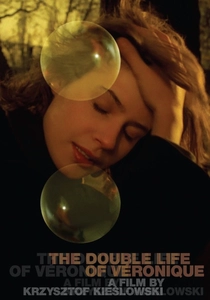
The Double Life of Veronique (1991)
Description: This film examines themes of identity, fate, and the interconnectedness of human lives through the parallel lives of two women who look identical but live in different countries.
Fact: The film was shot in Poland and France, and its visual style was heavily influenced by the director's background in photography.
 Watch Now
Watch Now
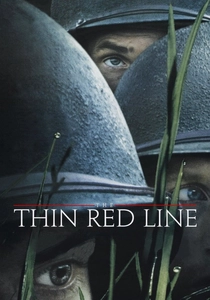
The Thin Red Line (1998)
Description: Set during World War II, this film contemplates the nature of war, human morality, and the search for meaning amidst chaos.
Fact: The film features a large ensemble cast, and its script was adapted from a novel by James Jones, who also wrote "From Here to Eternity."
 Watch Now
Watch Now

The Matrix (1999)
Description: This film delves into themes of reality, choice, and the nature of consciousness, questioning what is real and what is simulated.
Fact: The Wachowskis developed the concept after reading "Simulacra and Simulation" by Jean Baudrillard.
 Watch Now
Watch Now
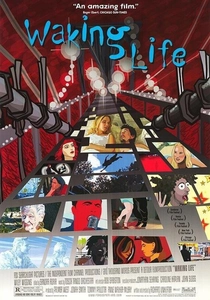
Waking Life (2001)
Description: This animated film explores existentialism, free will, and the nature of reality through a series of dream-like sequences.
Fact: The film was shot in live-action and then rotoscoped, giving it a unique visual style.
 Watch Now
Watch Now
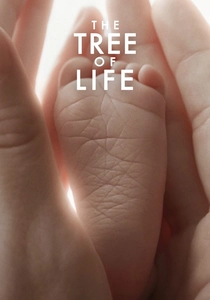
The Tree of Life (2011)
Description: This film explores the origins and meaning of life through a blend of personal narrative and cosmic imagery, questioning the nature of existence and the search for purpose.
Fact: The film features a 17-minute sequence depicting the creation of the universe, and it won the Palme d'Or at the Cannes Film Festival.
 Watch Now
Watch Now
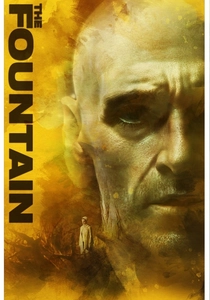
The Fountain (2006)
Description: A tripartite narrative that explores themes of love, mortality, and the quest for eternal life across different time periods.
Fact: The film was initially conceived as a much larger project but was scaled back due to budget constraints.
 30 Days Free
30 Days Free

